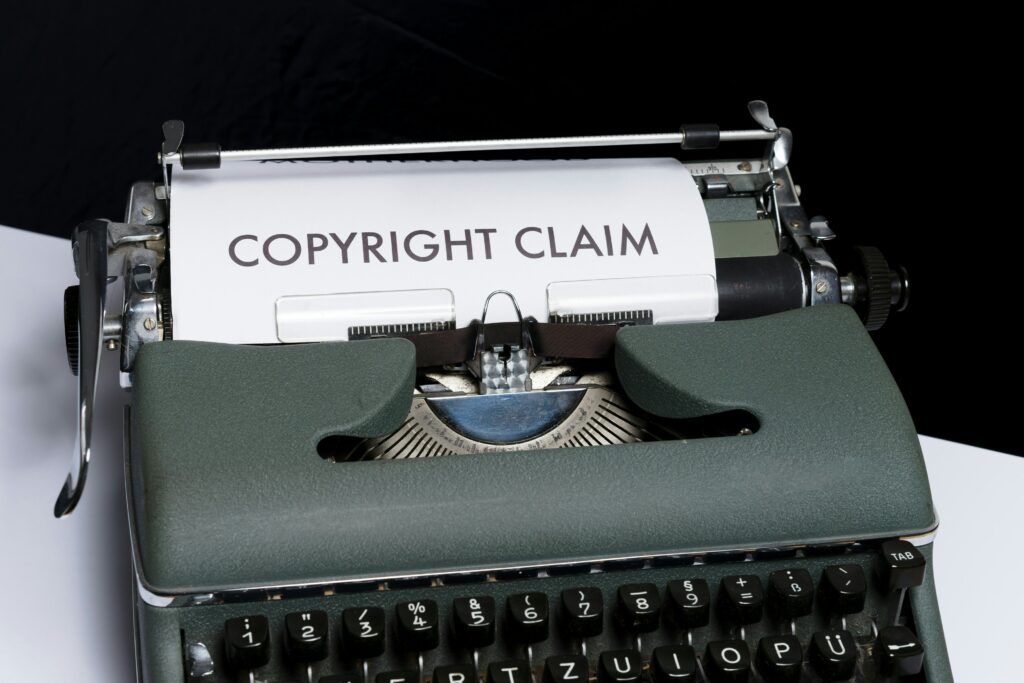Influencer marketing has become a powerful tool for brands looking to connect with their target audiences in the gaming industry. However, amidst the creative campaigns and engaging content, there are legal considerations that both brands and influencers must navigate to ensure compliance and transparency. In this article, we’ll explore the essential legal aspects of influencer marketing in gaming and provide valuable insights for brands entering this space.
FTC Guidelines and Disclosure Requirements
The Federal Trade Commission (FTC) in the United States has clear guidelines regarding disclosures in influencer marketing. Brands and influencers must disclose any material connection, such as paid partnerships or sponsored content. This includes using hashtags like #ad or #sponsored in social media posts, as well as placing disclosure statements prominently in videos or captions.
Copyright and Intellectual Property
Gaming content often involves copyrighted material, including game footage, music, and artwork. Brands and influencers must obtain the necessary permissions or licenses to use copyrighted content legally. Fair use exceptions may apply in certain cases, but it’s crucial to understand and respect intellectual property rights to avoid legal issues.

Endorsement and Testimonial Guidelines
Endorsements and testimonials in influencer marketing must be truthful and based on genuine experiences or opinions. Brands should provide influencers with clear guidelines on what they can and cannot say about products or services to comply with advertising standards. False or misleading claims can lead to regulatory repercussions and damage to brand reputation.

Sponsorship Agreements and Contracts
Clear and comprehensive sponsorship agreements are essential for outlining the terms of the partnership between brands and influencers. Contracts should cover payment terms, deliverables, content rights, disclosure requirements, exclusivity clauses, and any legal liabilities. Working with legal professionals to draft and review contracts can help protect both parties’ interests.

Data Privacy and Compliance
In the age of data privacy regulations like the General Data Protection Regulation (GDPR) and the California Consumer Privacy Act (CCPA), brands and influencers must handle personal data responsibly. This includes obtaining consent for data collection, ensuring data security, providing opt-out options, and complying with privacy laws when conducting influencer marketing campaigns.
Promotion of Gambling and Age-Restricted Content
Gaming influencers often promote products or services related to gambling, age-restricted games, or other sensitive topics. Brands must adhere to legal requirements and industry regulations when marketing such content. This may include age verification measures, responsible gambling messaging, and compliance with gambling laws in different jurisdictions.
Monitoring and Compliance Oversight
Brands should establish internal processes for monitoring influencer content and ensuring compliance with legal and regulatory standards. Regular audits, content reviews, and ongoing communication with influencers can help identify and address any potential legal issues proactively.

By understanding and addressing these legal considerations, brands can engage in influencer marketing campaigns within the gaming industry responsibly and ethically. Collaboration between brands, influencers, and legal experts is key to creating successful and legally compliant campaigns that resonate with audiences while maintaining trust and transparency.
Read more of our guides and case studies:
Influencer Marketing Master Class: Creativity + Scalability = EPIC ROI


